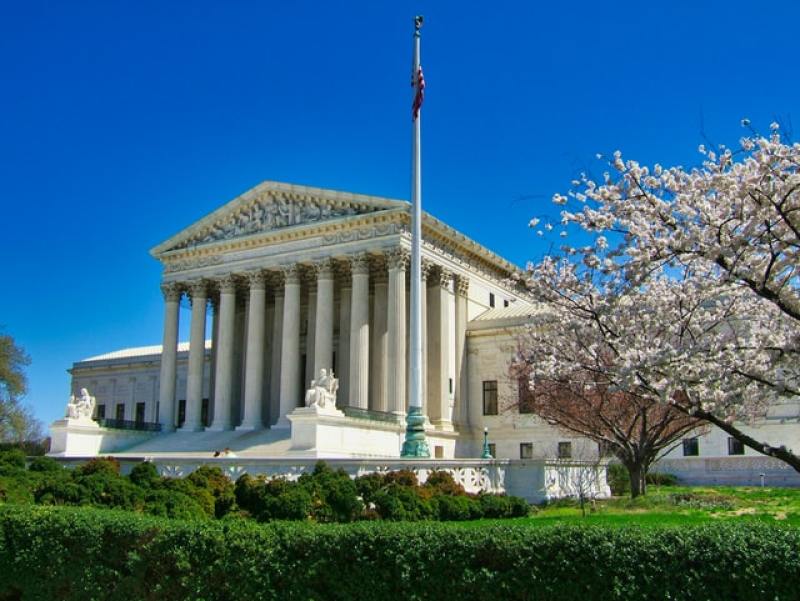
The United States Supreme Court has sided Thursday with Christian Charities and nonprofits' in saying that California can not force them to reveal who their donors are.
According to the Christian Post (CP), the State of California's Attorney General was sued for requiring Christian Charities and non-profits to disclose their donors in addition to the regular filing they do with the Internal Revenue Service.
The Attorney General particularly required the names and addresses of conservative nonprofits through the Schedule B forms of Thomas More Law Center and Americans for Prosperity in an attempt to curtail allegedly "dark money" from donors that are said to influence the elections.
"We do not doubt that California has an important interest in preventing wrongdoing by charitable organizations. There is a dramatic mismatch, however, between the interest that the Attorney General seeks to promote and the disclosure regime that he has implemented in service of that end," the United States Supreme Court said in its majority ruling.
"California is not free to enforce any disclosure regime that furthers its interests. It must instead demonstrate its need for universal production in light of any less intrusive alternatives," the court stressed.
The Supreme Court ruling explained that Thomas More and Americans for Prosperity, who filed separate lawsuits in the District Court, have been dutifully filling their annual tax returns, as well as, the annual requirements of the Attorney General for the renewal of their registration in California that includes a copy of the IRS form.
The nonprofits' registration to solicit funds each year, the ruling narrated, were renewed despite them not complying to fillup the Schedule B attachment to the IRS form that requires them to enlist the names and addresses of their major sponsors.
It was only recently that the Attorney General tightened compliance and "ultimately threatened the petitioners with suspension of their registrations and fines for noncompliance" in its desire to police the "misconduct of charities" forcing the nonprofits to file a lawsuit that eventually ended in the Supreme Court.
CP said the First Liberty Institute filed a friend-of-the-court brief on behalf of the Thomas More and Americans for Prosperity. While Alliance Defending Freedom legally represented Thomas More.
As per the ruling, the lawsuit filed by the nonprofits alleged that the "the compelled disclosure requirement violated their First Amendment rights and the rights of their donors." They also claimed that the Schedule B's disclosure "would make their donors less likely to contribute and would subject them to the risk of reprisals."
The nonprofits' lawsuits filed in the District Court and, later on, in the Ninth Circuit Court were ruled by the respective judges in favor of the state on the condition that the Schedule Bs would not be publicly disclosed.
But the District Court did raise that the state was not able to ensure it is capable of keeping the document's confidentiality such that the case was brought to the Supreme Court for review. Supreme Court Chief Justice John Roberts delivered the majority decision that the prior courts' "judgment is reversed, and the cases are remanded."
"The disclosure requirement 'creates an unnecessary risk of chilling' in violation of the First Amendment," Roberts pointed out in the decision, "indiscriminately sweeping up the information of every major donor with reason to remain anonymous."
"The petitioners here, for example, introduced evidence that they and their supporters have been subjected to bomb threats, protests, stalking, and physical violence," he highlighted.



























